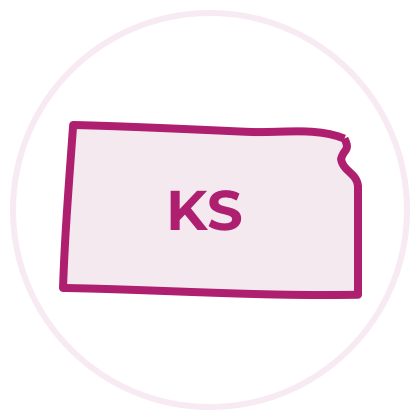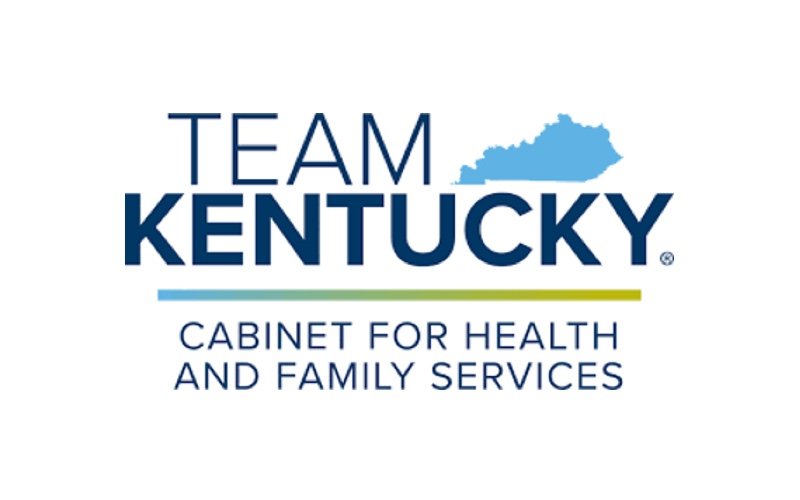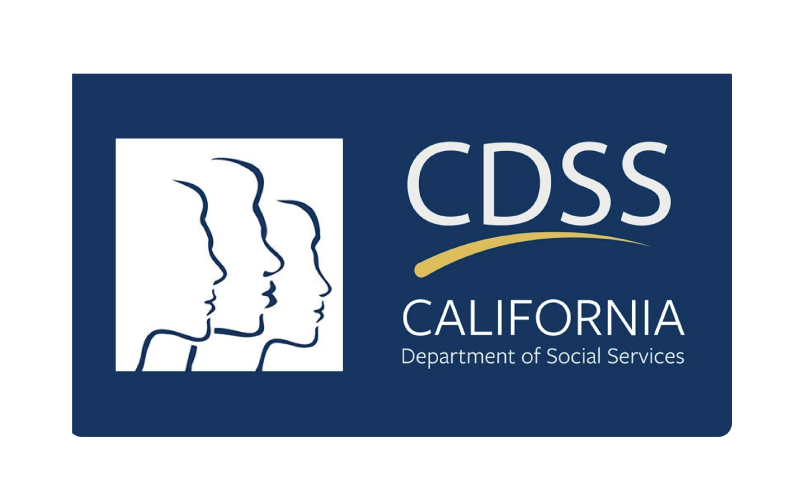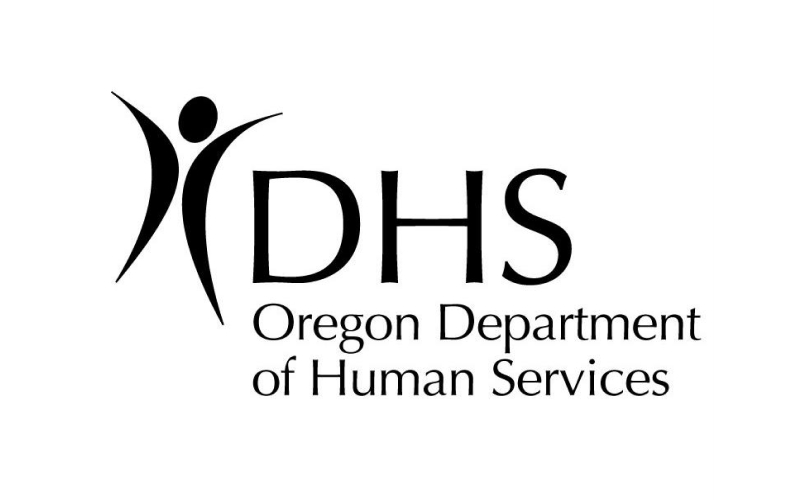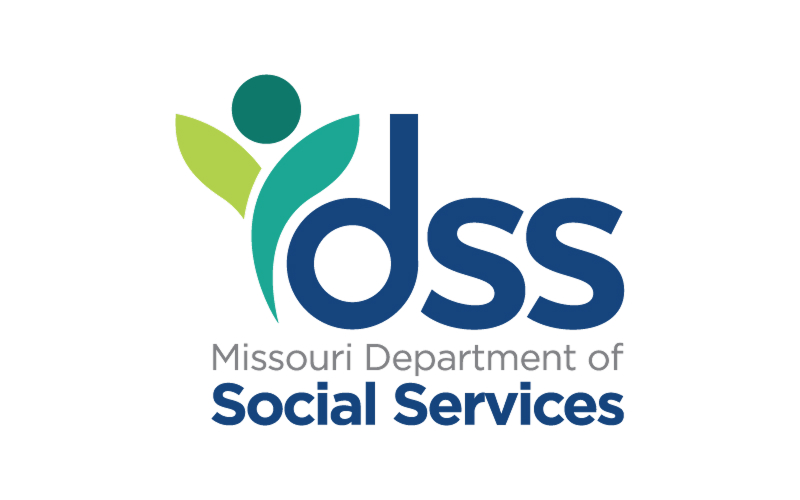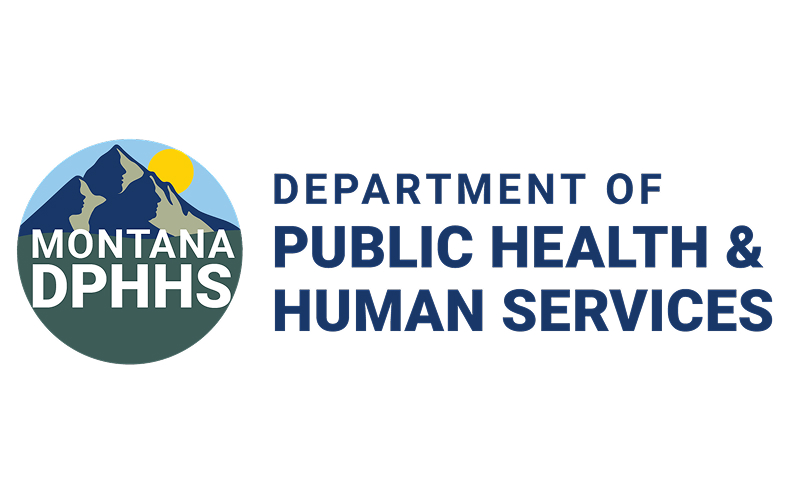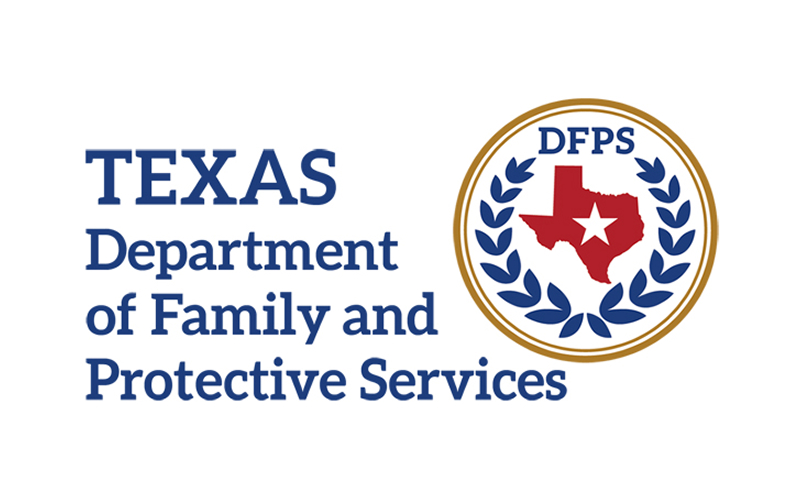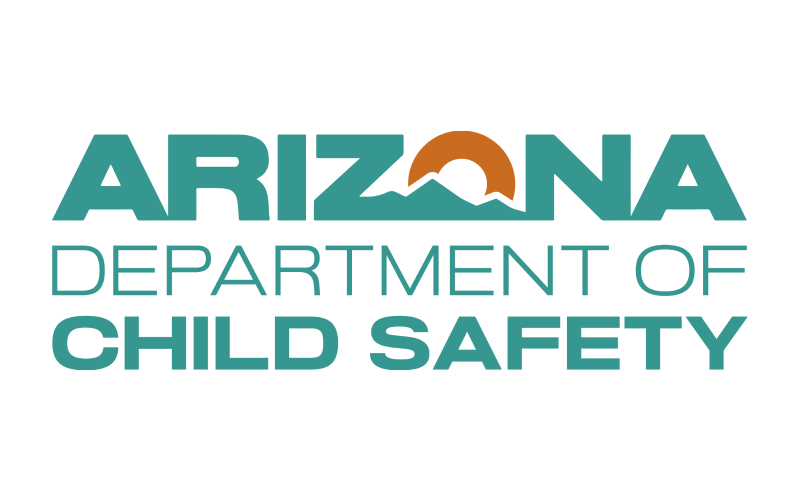Pre-Service Training
All prospective foster and adoptive families are required to complete either the Model Approach to Partnerships in Parenting (MAPP) Foundations or the Deciding Together (DT) training, each totaling 30 hours.
Relative/kinship or non-related kin (NR-Kin) must complete a 30-hour Kinship Path training curriculum within the first year of the foster care license being issued.
Services Offered Through the State’s Post-Permanency Support Program
Kansas Department for Children and Families (DCF) contracts with three different agencies to provide a continuum of voluntary services. FosterAdopt Connect operates the Kansas Post Adoption Resource Center (K-PARC) statewide. DCCCA provides respite services, training, and support groups statewide. TFI Family Services (TFI) provides case management in the southeastern part of the state, including Wichita.
Services include:
In fiscal year 2023, K-PARC served 55 adoptive and guardianship families, DCCCA provided respite to 55 families, and TFI provided services to 15 families.
For more information, visit:
Geographic Area Covered
Because TFI offers services only in the southeastern part of the state, formal assessment and case management services are only available in that area. Other services are available statewide.
Eligible Population for the Overall Post-Permanency Program
Variations in Eligibility for the Post-Permanency Program
While the state does not offer subsidized guardianship, families who have finalized guardianship of a child from foster care are eligible for post-permanency services.
Accessibility
FosterAdopt Connect, the K-PARC contractor, is recognized by the Human Rights Campaign’s All Children-All Families program as an agency actively contributing to serving and supporting LGBTQ2S+ families and children. K-PARC also has access to a team of professionals who are trained and have expert knowledge in the Youth Acceptance Project, which supports families who have been separated as a result of their child’s gender identity and/or sexuality.
Support groups and training can provide specialized support or information for interracial adoptive families.
Outreach and Engagement
Families are provided with brochures outlining services at their adoptive placement agreement and adoption subsidy meeting, as well as at finalization. Families also receive information with their annual adoption subsidy review letter.
The contracted private providers use social media to engage families.
How the Post-Permanency Program Is Operated
Notes About Who Provides Which Service(s)
K-PARC offers information, referral, and advocacy; support groups; peer support; training; and events.
DCCCA offers respite services, support groups, and training.
TFI offers assessment and case management services.
Adoption/Guardianship Assistance/Subsidy Review and Changes
Kansas DCF sends an annual letter to adoptive families with a review of their subsidy. Families may request or renegotiate at that time or request a review or renegotiation at any time by contacting the DCF regional worker.
Post-Permanency Program Spending (FY 2023)
Funding Sources for the Post-Permanency Program (FY 2023)
- Adoption savings (reported on CB 496 Part 4 – Annual Adoption Savings Report)
- State funds
- Title IV-E funds (including Prevention Services Grant Program/PSGP or IV-E training dollars)

